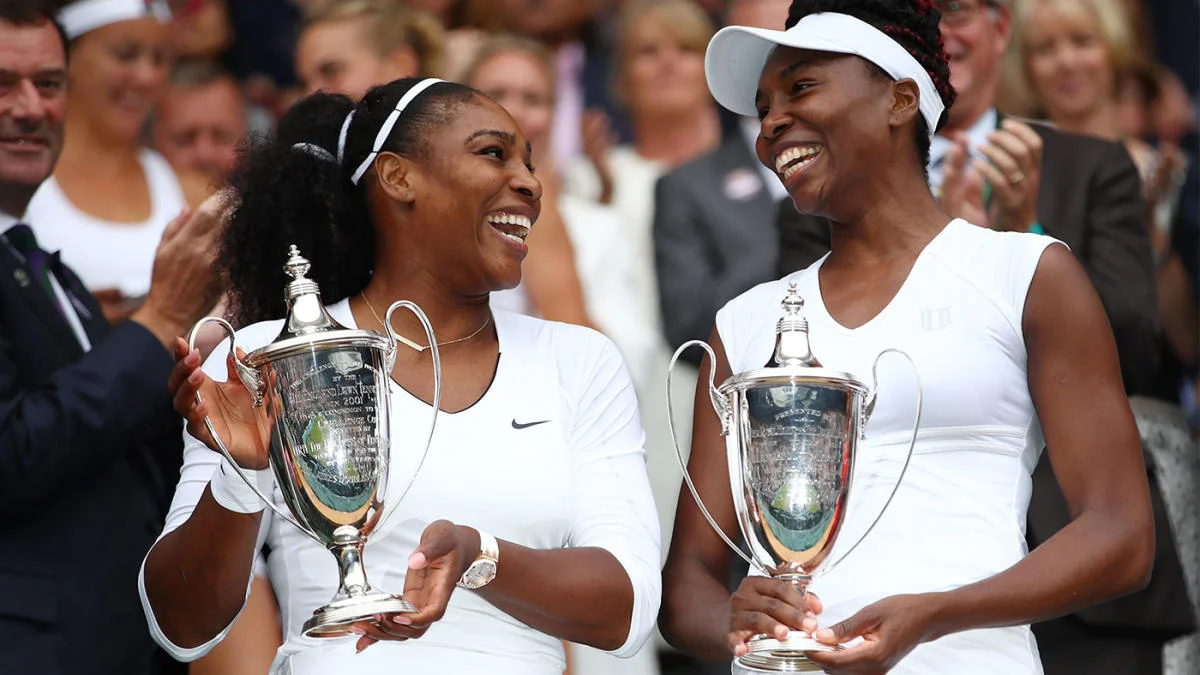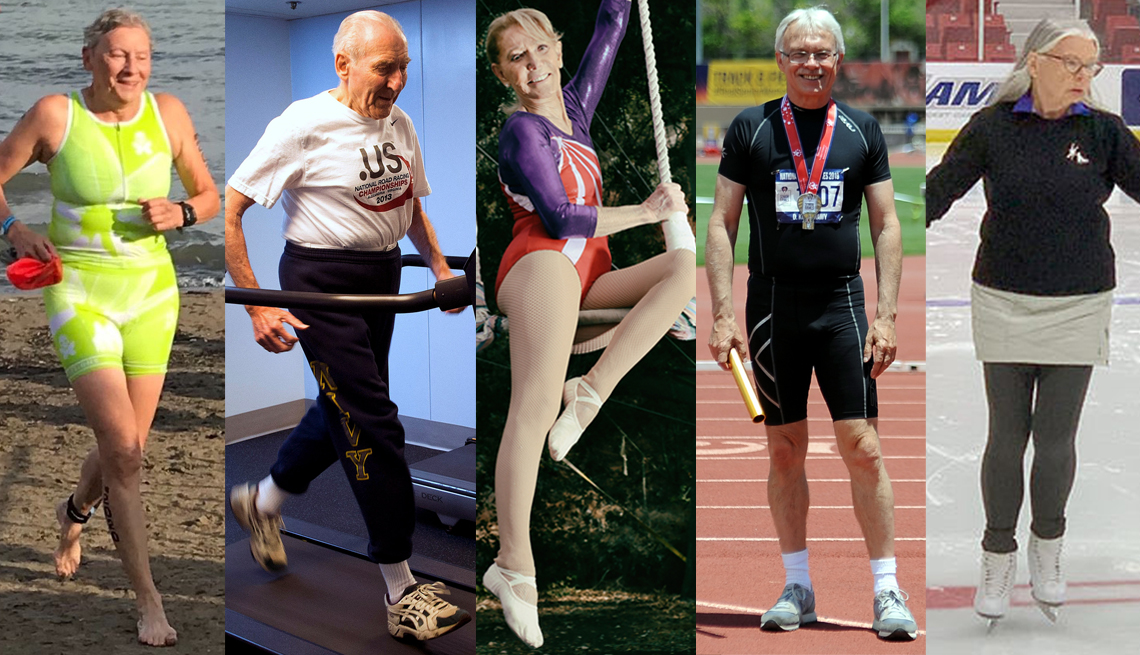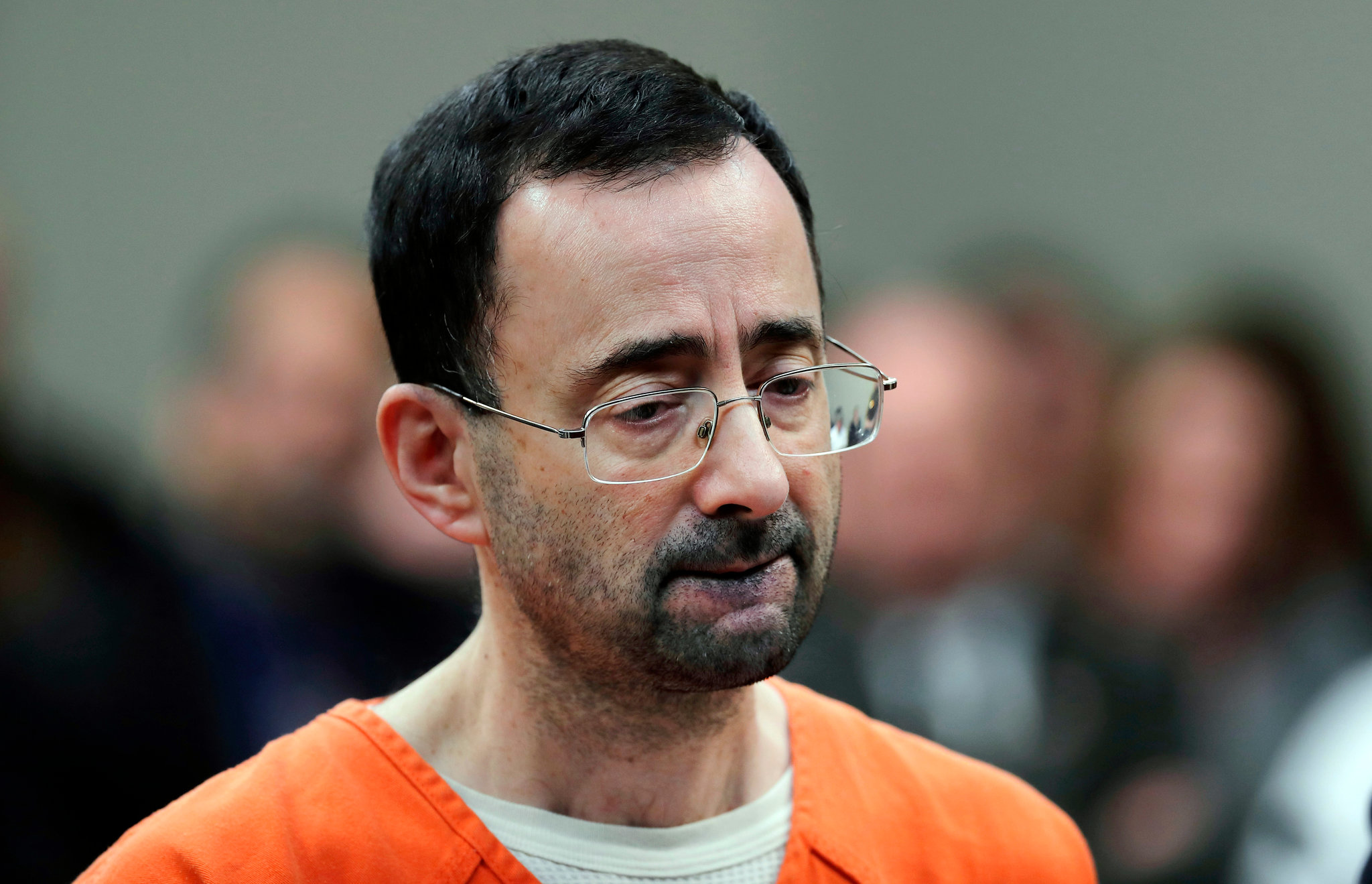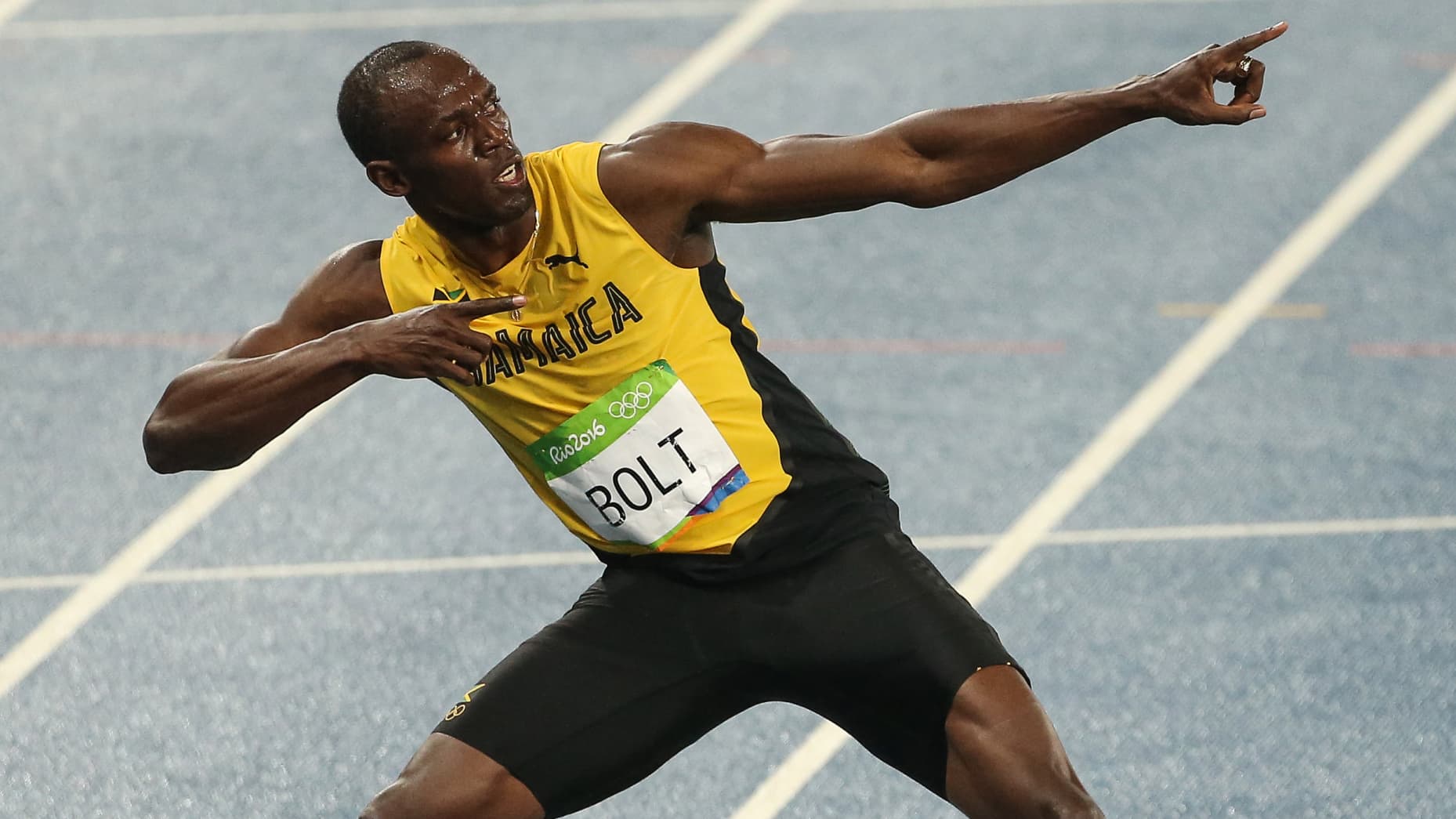Diving into the Depths of Drama: Eighteen Hair-Raising Controversial Moments in Olympic History
The Olympic Games, a symbol of unity, sportsmanship, and international camaraderie, have often found themselves at the epicenter of controversy. These world-renowned sporting events have not been immune to the drama that sometimes unfolds behind the scenes or even out on the field. This article delves into eighteen such hair-raising controversial moments in Olympic history, shedding light on the tension, the politics, and the human spirit that have all had a role to play in these unforgettable instances.
1908 London Olympics: The Marathon Controversy
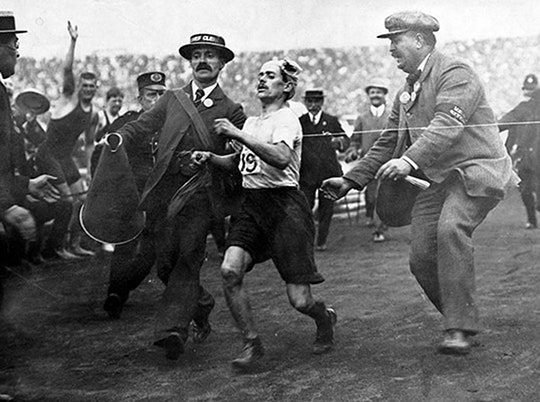
The 1908 London Olympics were the first to witness a major controversy. Italian runner Dorando Pietri, who was leading the marathon, collapsed several times before crossing the finish line. Despite being assisted by officials - a clear violation of the rules - Pietri was initially awarded the victory. The resulting uproar led to his disqualification, and the gold was subsequently given to American runner Johnny Hayes.
1936 Berlin Olympics: Jesse Owens vs. Hitler's Aryan Supremacy
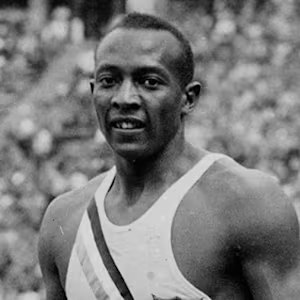
The 1936 Olympics in Berlin were fraught with political tension. Adolf Hitler intended to use the games to showcase the supposed superiority of the Aryan race. However, African-American athlete Jesse Owens shattered this myth by winning four gold medals. Despite this, rumors circulated that Hitler had snubbed Owens, adding to the controversy.
1968 Mexico City Olympics: The Black Power Salute
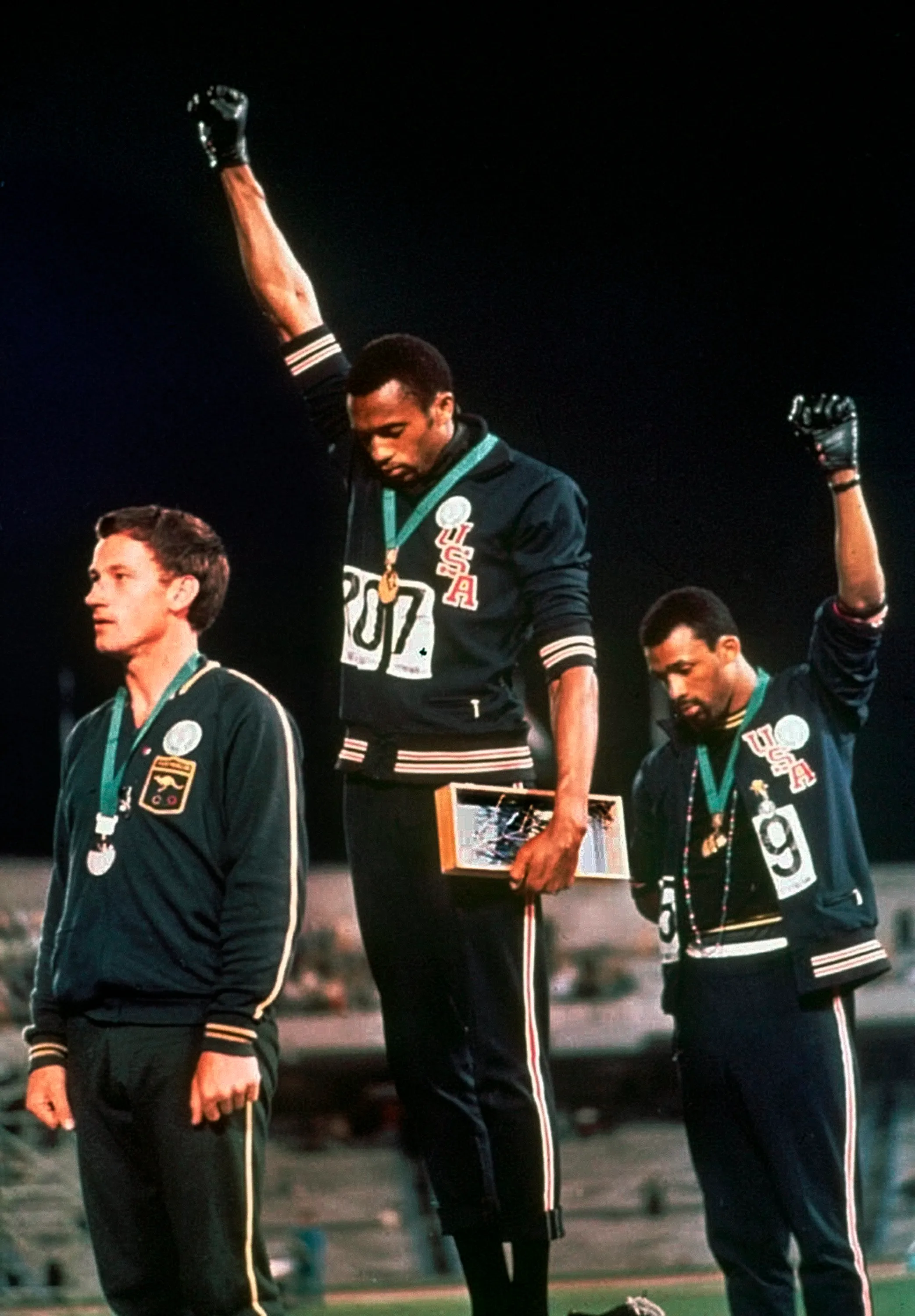
The 1968 Olympics are remembered for the iconic Black Power salute by African-American athletes Tommie Smith and John Carlos during the medal ceremony. This was a political protest against racial discrimination, which led to their suspension from the US team. This event still resonates as a powerful statement of civil rights activism.
1972 Munich Olympics: The Palestinian Terrorist Attack
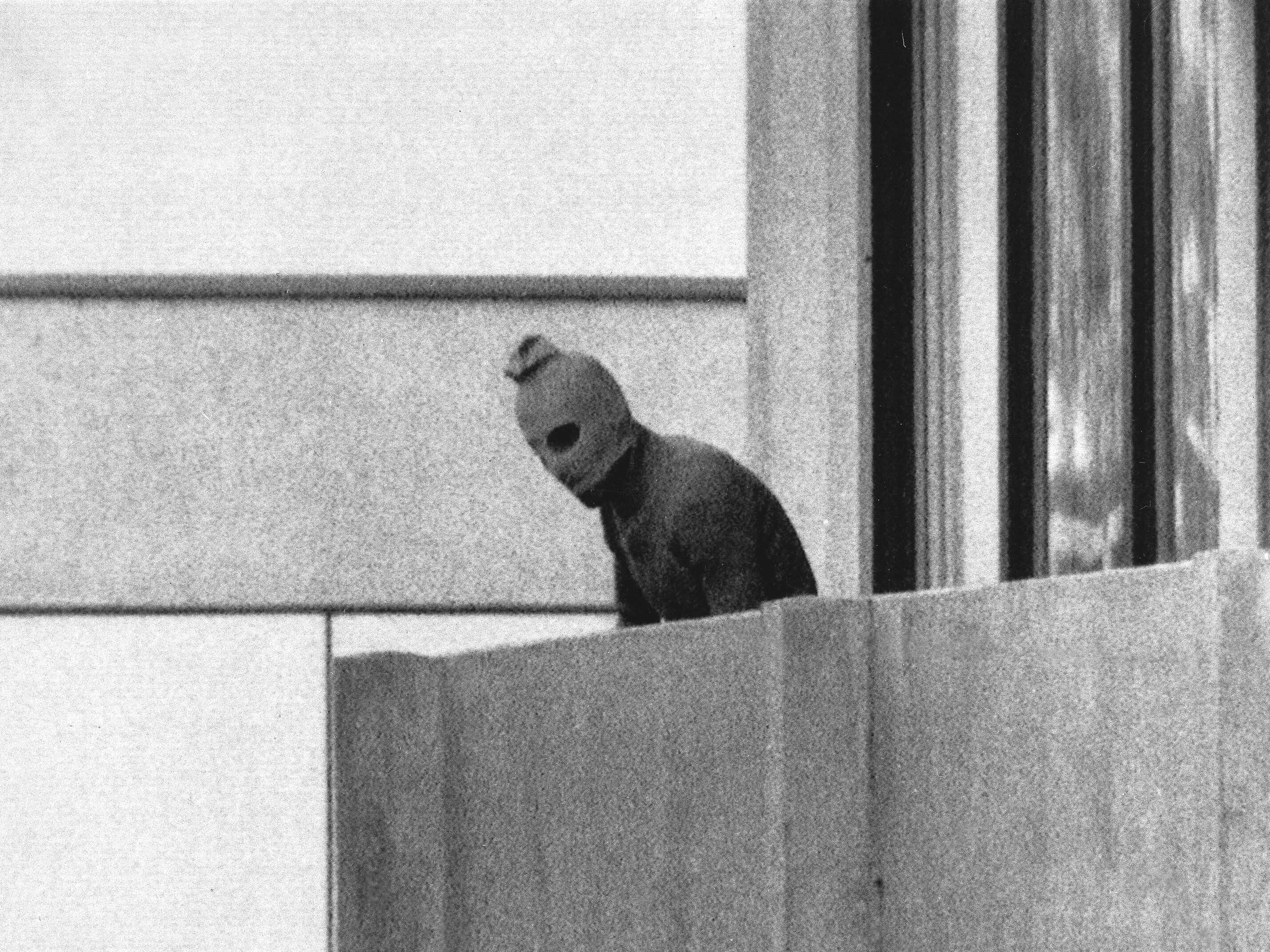
The Munich Olympics in 1972 were marred by a horrific terrorist attack by Palestinian group Black September. This resulted in the death of 11 Israeli athletes and coaches. The games were suspended for 34 hours, marking the darkest chapter in Olympic history.
1980 and 1984 Olympics: The Cold War Boycotts
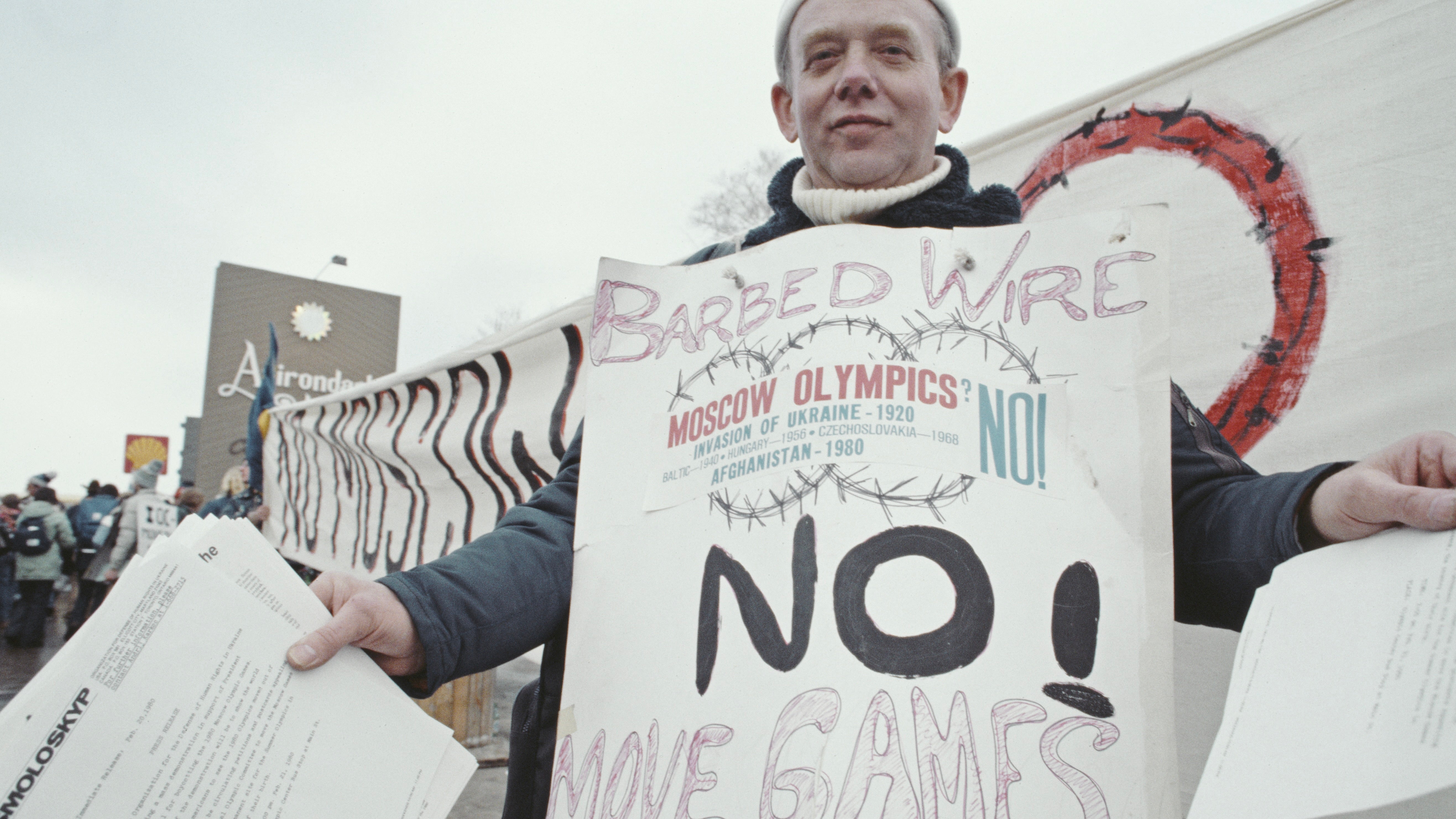
The Cold War extended to the Olympic Games in 1980 and 1984. The US and 65 other countries boycotted the 1980 Moscow Olympics over the Soviet invasion of Afghanistan. In retaliation, the Soviet Union and 14 other countries boycotted the 1984 Los Angeles Olympics.
1988 Seoul Olympics: The Ben Johnson Doping Scandal
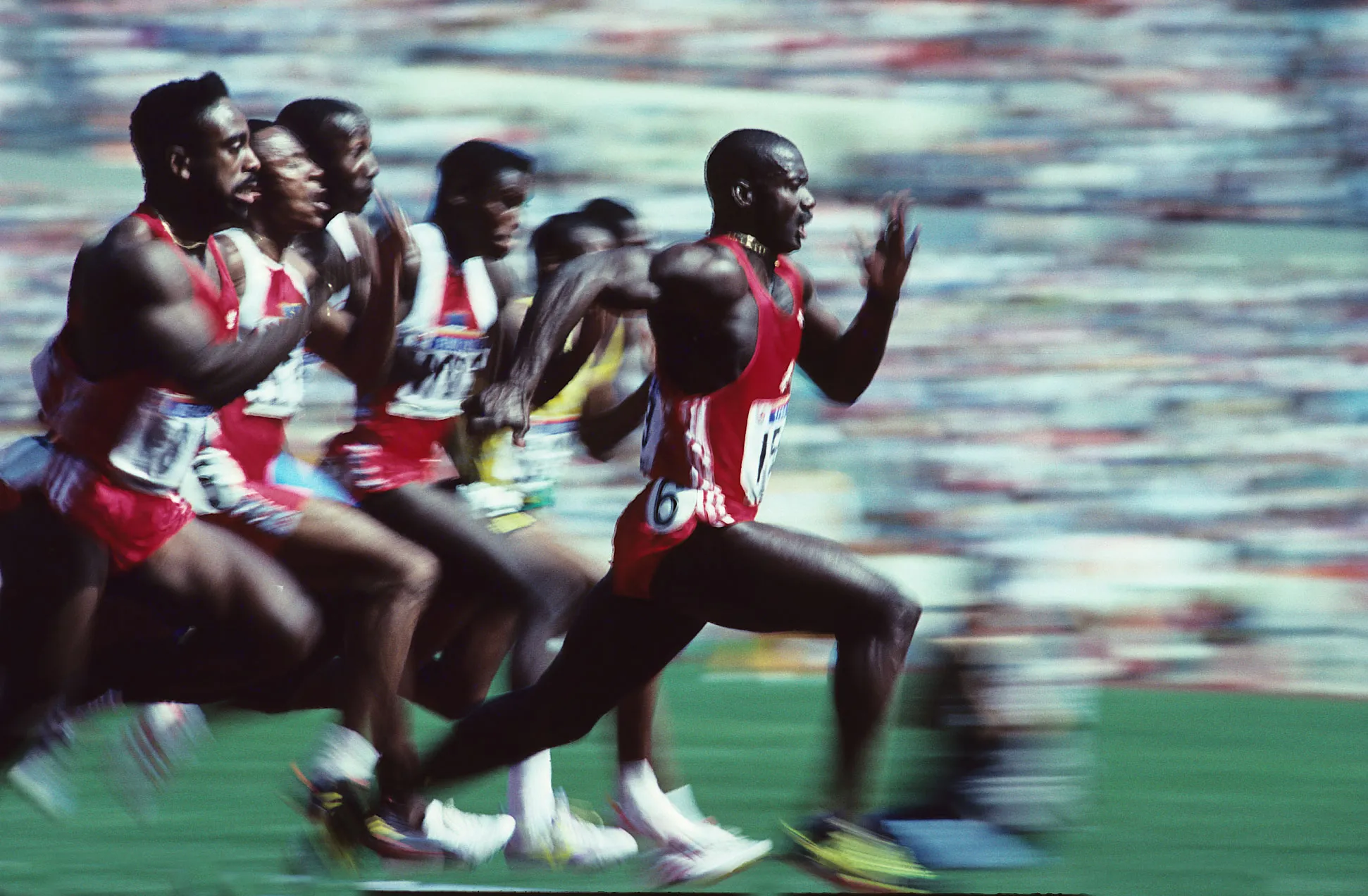
Canadian sprinter Ben Johnson's victory in the 100m sprint at the 1988 Seoul Olympics was short-lived. He tested positive for steroids, leading to his disqualification. This was one of the biggest doping scandals in Olympic history.
1994 Lillehammer Olympics: The Tonya Harding and Nancy Kerrigan Saga
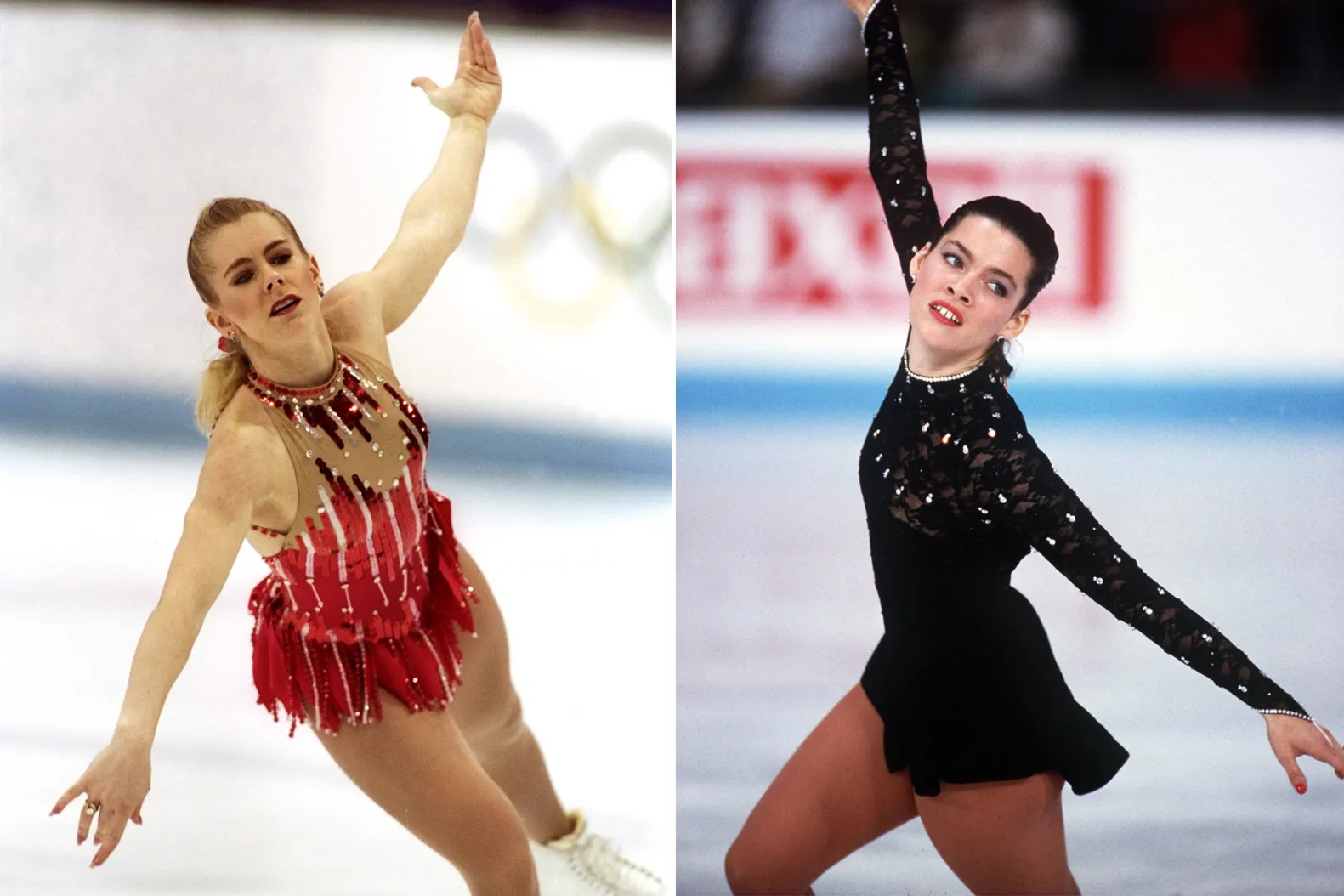
The rivalry between American figure skaters Tonya Harding and Nancy Kerrigan took a dark turn when Kerrigan was attacked by an assailant hired by Harding's ex-husband. While Harding denied involvement, the scandal overshadowed the games.
2000 Sydney Olympics: The Marion Jones Doping Scandal
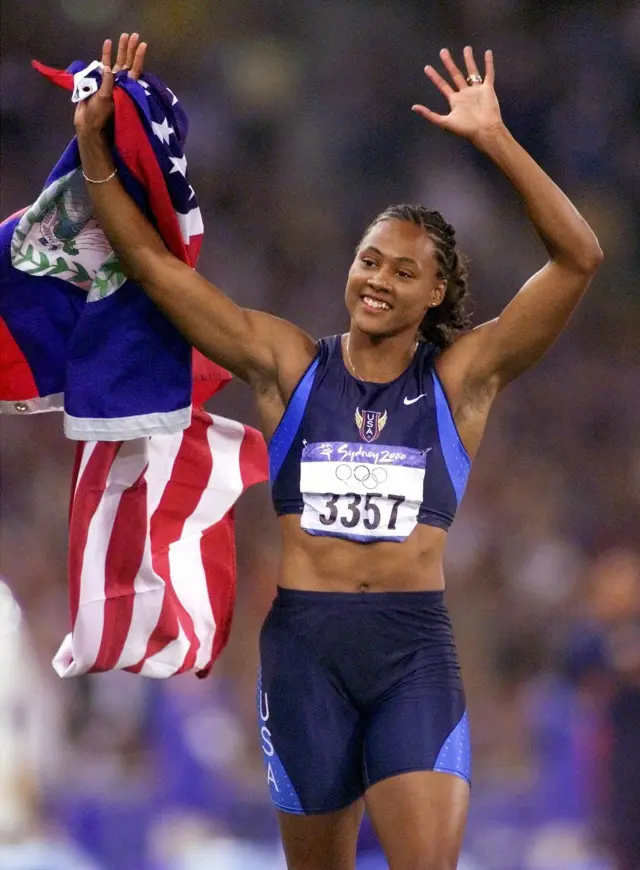
Marion Jones, once the fastest woman in the world, fell from grace when she admitted to using performance-enhancing drugs during the 2000 Sydney Olympics. She was stripped of her five medals, marking a major scandal in athletics.
2002 Salt Lake City Olympics: The Figure Skating Judging Scandal
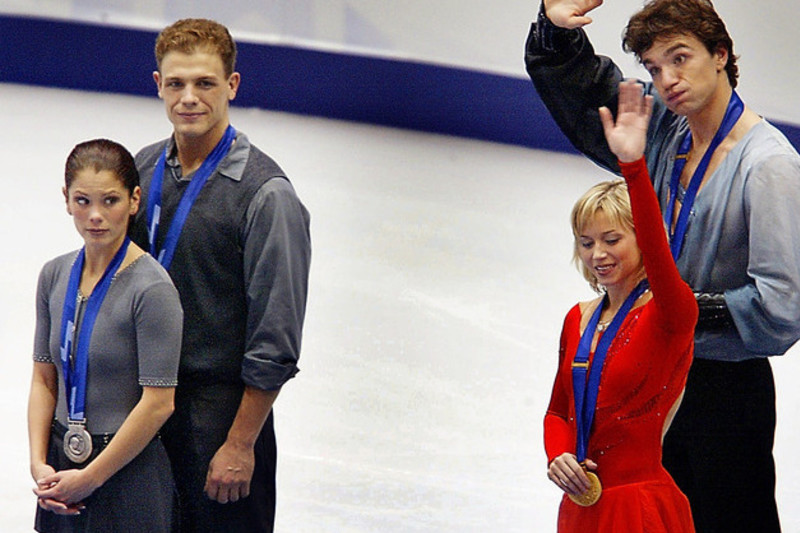
The 2002 Winter Olympics were rocked by a judging scandal in the pairs' figure skating competition. The French judge admitted to being pressured to vote for the Russian pair, leading to a shared gold medal between the Russian and Canadian teams.
2008 Beijing Olympics: The Age Controversy in Gymnastics
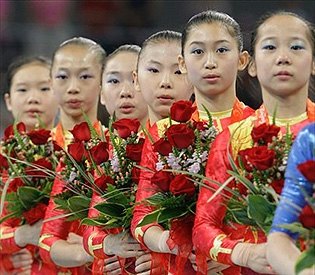
The 2008 Beijing Olympics were marred by an age controversy. The Chinese women's gymnastics team was accused of fielding underage athletes. Though they were cleared by the International Gymnastics Federation, doubts persist.
2012 London Olympics: The Badminton Scandal
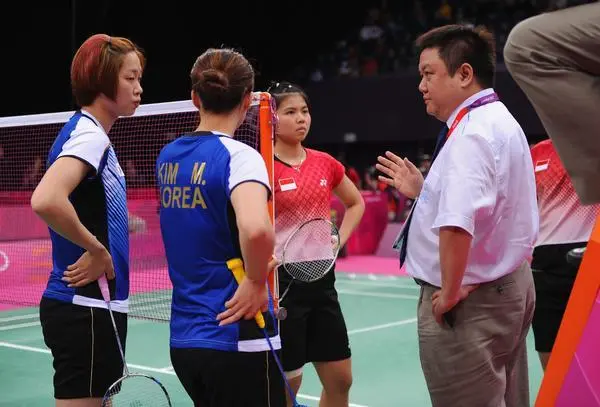
The 2012 London Olympics saw a major scandal in badminton. Eight players were disqualified for "not using one's best efforts to win a match," as they were accused of deliberately losing matches to secure a more favorable draw in the next round.
2014 Sochi Olympics: The Russian Doping Scandal
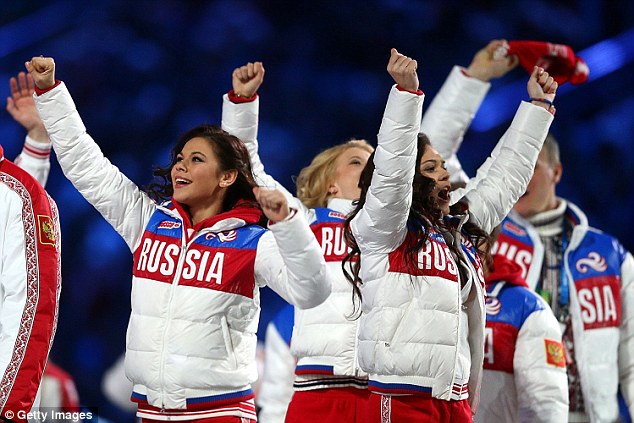
The 2014 Sochi Olympics were tainted by a state-sponsored doping scandal involving Russian athletes. This led to the suspension of the Russian Athletics Federation and a ban on Russian athletes in the next two Olympics.
2016 Rio Olympics: The Ryan Lochte Robbery Scandal
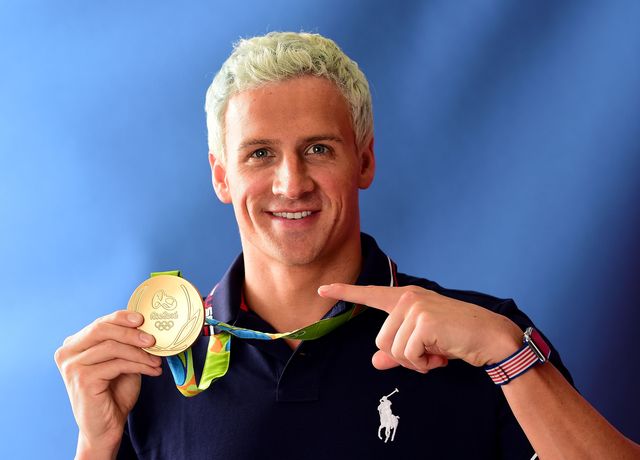
American swimmer Ryan Lochte claimed that he and three teammates were robbed at gunpoint during the Rio Olympics. However, it was later revealed that the swimmers had vandalized a gas station and fabricated the story.
2016 Rio Olympics: The Boxing Judging Controversy
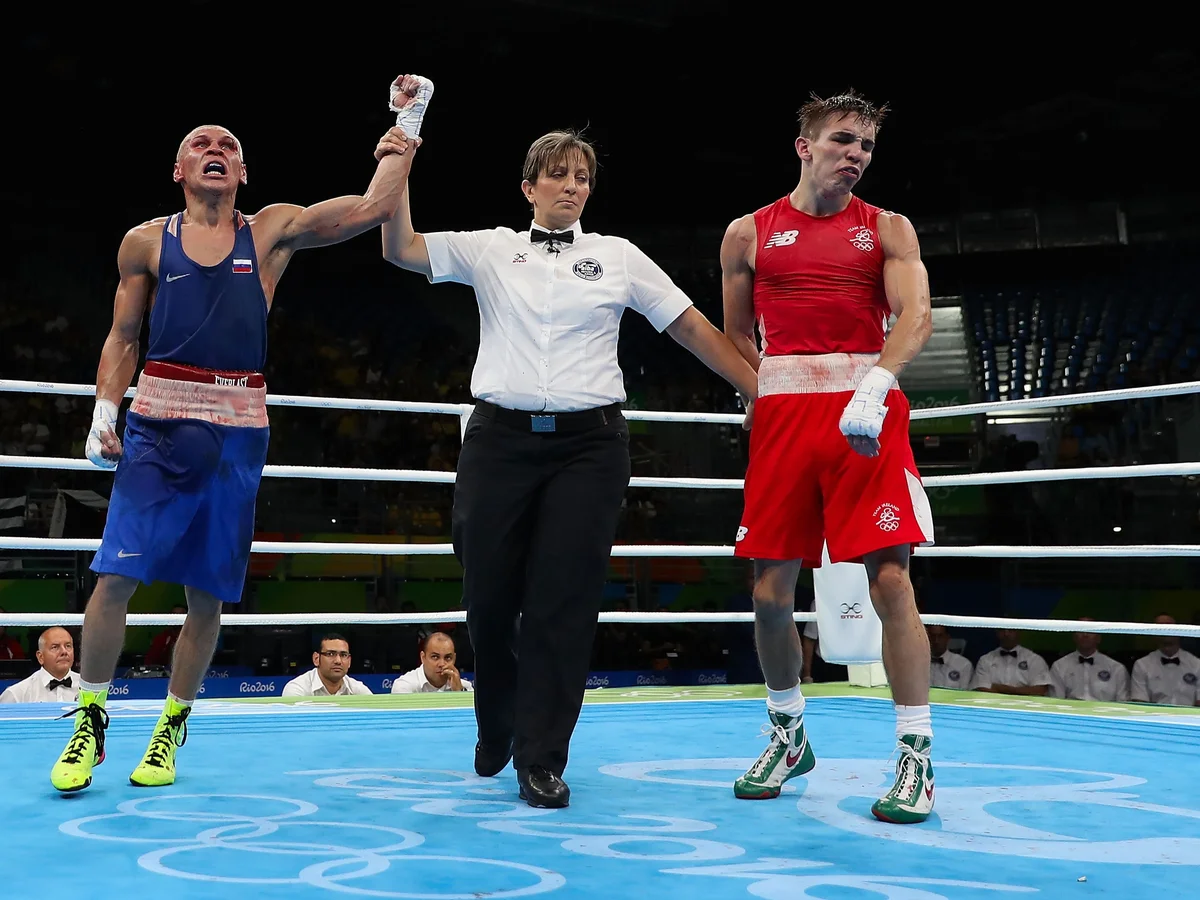
The boxing events at the Rio Olympics were marred by allegations of corruption and poor judging. Several questionable decisions led to an overhaul of the judging and refereeing system in Olympic boxing.
2021 Tokyo Olympics: The Pandemic Games

The Tokyo Olympics were postponed from 2020 to 2021 due to the COVID-19 pandemic, marking the first peacetime postponement in Olympic history. The games were held without spectators, amidst much controversy and public opposition.
The Future of the Olympics: Navigating Controversies
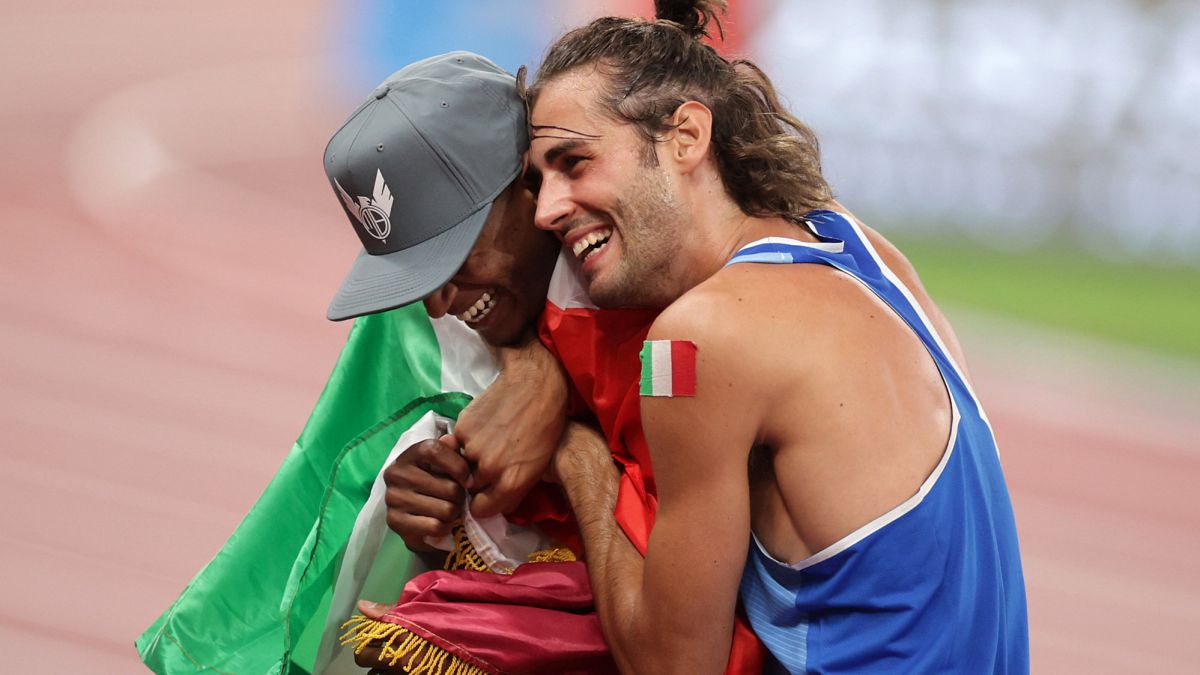
As we look towards the future, the Olympic Games continue to be a beacon of hope and unity. However, they must also navigate various controversies, from doping scandals to political tensions, to ensure the spirit of the games remains intact.
The Unquenchable Olympic Spirit
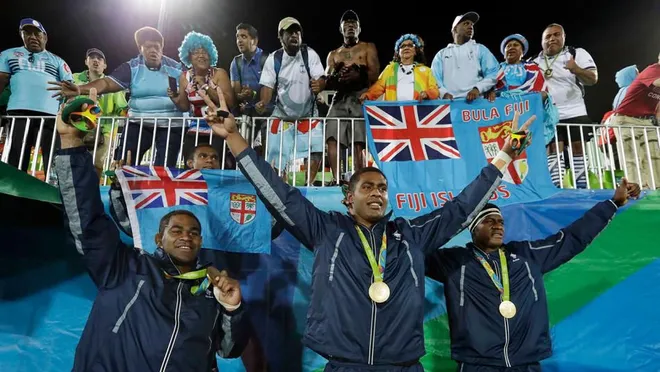
Despite the controversies, the Olympic Games have always been a testament to human endurance, determination, and the quest for excellence. The spirit of the Olympics, embodied in the athletes who strive for glory despite all odds, continues to inspire and captivate us.
The Olympic Games, while symbolizing the best of athletic prowess and international unity, have also been a mirror to societal issues and controversies. However, it is the indomitable spirit of the athletes and the relentless pursuit of excellence that truly define the Olympics.



